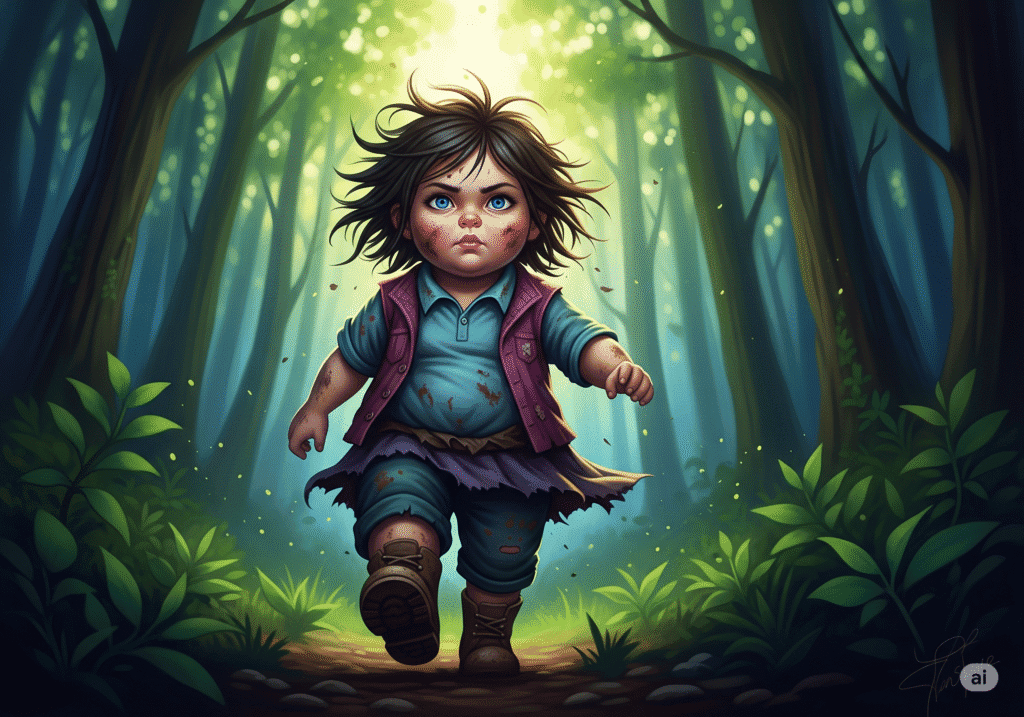How the child murders of the 1980s taught me early who counts—and who doesn’t
I’m a child of the 1980s. The decade of Swiss child killers. That’s what I called it in my head from early on.
Before I even started kindergarten, I already knew: there are pretty, admired, valuable girls—and then there’s the rest. The pretty ones were slim, with long hair and dresses that looked expensive. Their parents were lawyers or architects, they lived in single-family houses with gardens and—if you really made it—maybe even a pool.
Then there were the middle-class girls. Also pretty, but something was “off by a detail”: their parents were “only” teachers or farmers, or they had braces. And then there was my category: the unpopular ones. The girls in practical clothes. The ones with the social-housing complexion. The ones who didn’t swim in pools but disappeared into apartment blocks.
My father was an unskilled factory worker. In Switzerland, that was a stigma that soaked through every pore of my childhood. My mother had a physical disability. I was fat, often unwashed, usually uncombed—and I didn’t care. Or: I pretended not to. Because somewhere deep down, I already knew I would never belong. Not to the pretty ones, not to the popular ones.
I could read at five. And I read. Everything. Especially headlines. I stood in front of the village kiosk and drank in the newspaper covers like other kids licked ice cream. When the evening news reported missing or murdered children, I’d sit transfixed in front of the TV. I first watched “Aktenzeichen XY” in secret—until my mother gave up and cleared me a spot on the sofa.
And then I noticed something.
All those dead girls. All those missing children. They were pretty. Blonde. Delicate. Cute. “Conventionally beautiful,” we’d say today. And it dawned on me: I wasn’t even good enough for a child murderer. I didn’t qualify—even as a victim.
That was… comforting. And humiliating. Even the cruelest person in the world would have passed me by.
So I set out. Me, six years old, combing through forests, crawling through bushes, roaming forbidden places. I aimed for it. Including around the Witzwil prison, close to the campsite where my family spent weekends. I wanted to know what danger felt like. I wanted to provoke, to dare. And maybe, deep down, I wanted to disappear. So someone would finally notice I existed.
The idea of being abducted or murdered didn’t even seem terrible to me back then. It felt like a kind of justice. A form of attention. A little girl nobody would miss, searching for proof that she was real at all.
